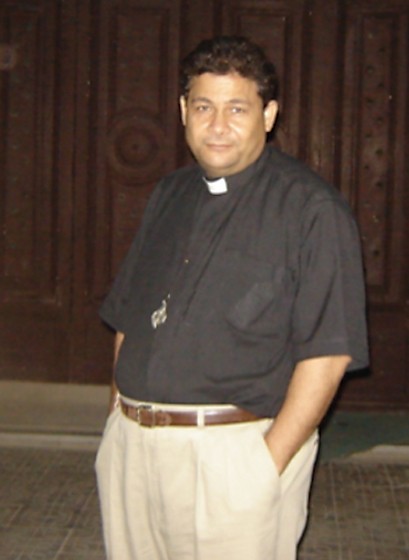Caught in a revolution: Tripoli priest Hamdy Sedky Daoud

Hamdy Sedky Daoud is a priest at the Anglican Church of Christ the King in Tripoli. A native of Egypt, he studied at the Evangelical Presbyterian Seminary in Cairo and has a diploma from Chichester Theological College in England. During the uprising against Muammar Qaddafi, Daoud tried to address issues of power in Libya and the feelings of hopelessness and helplessness that affected his congregation, most of them foreigners. Daoud was reached by e-mail.
How long you have been at Christ the King and what are your ministries there?
I have been at the church since March 2008, and I have been the priest in charge for three years. I serve a multinational congregation—we have Indians, Pakistanis, Nigerians and Egyptians worshiping with us. We also had many Westerners before the uprising.





